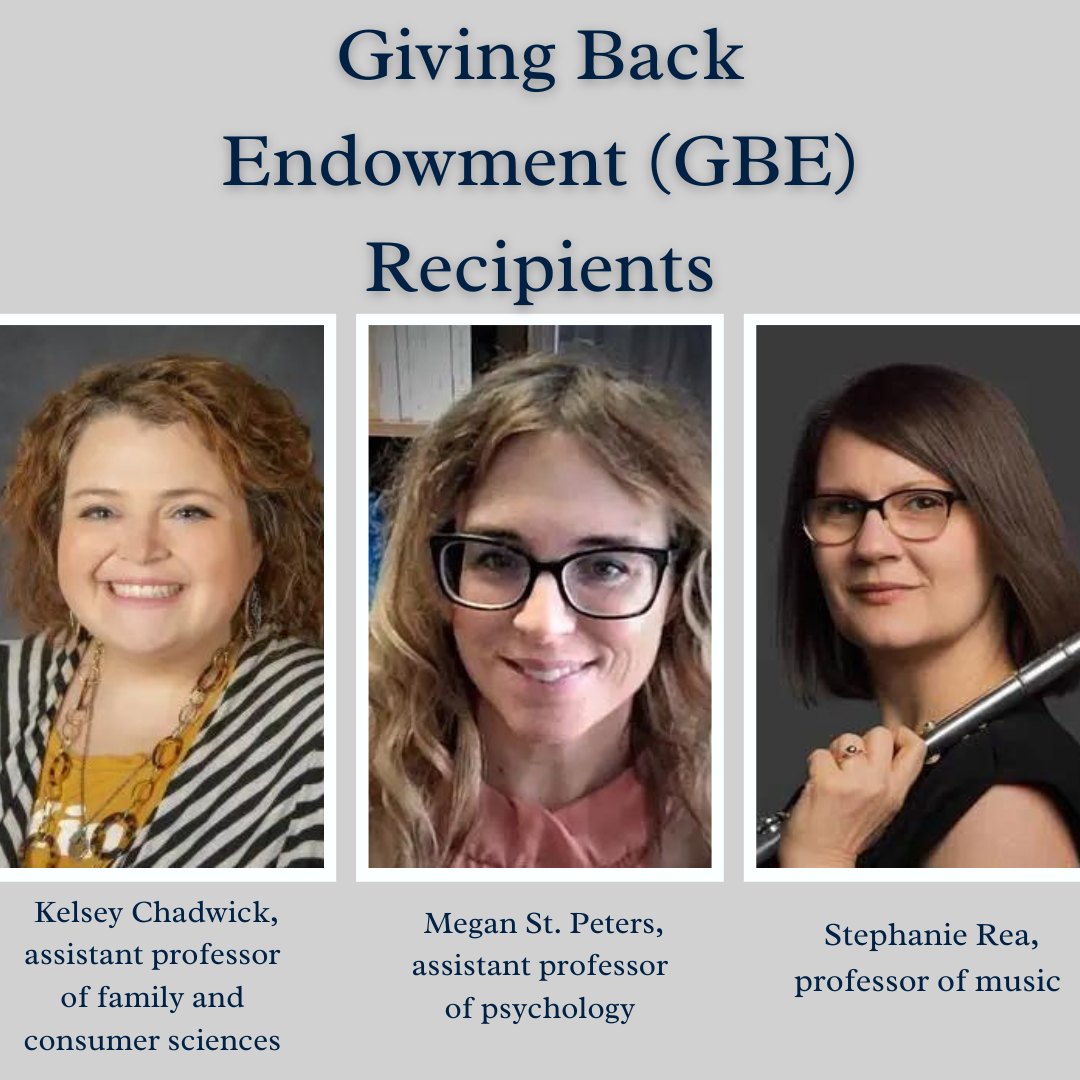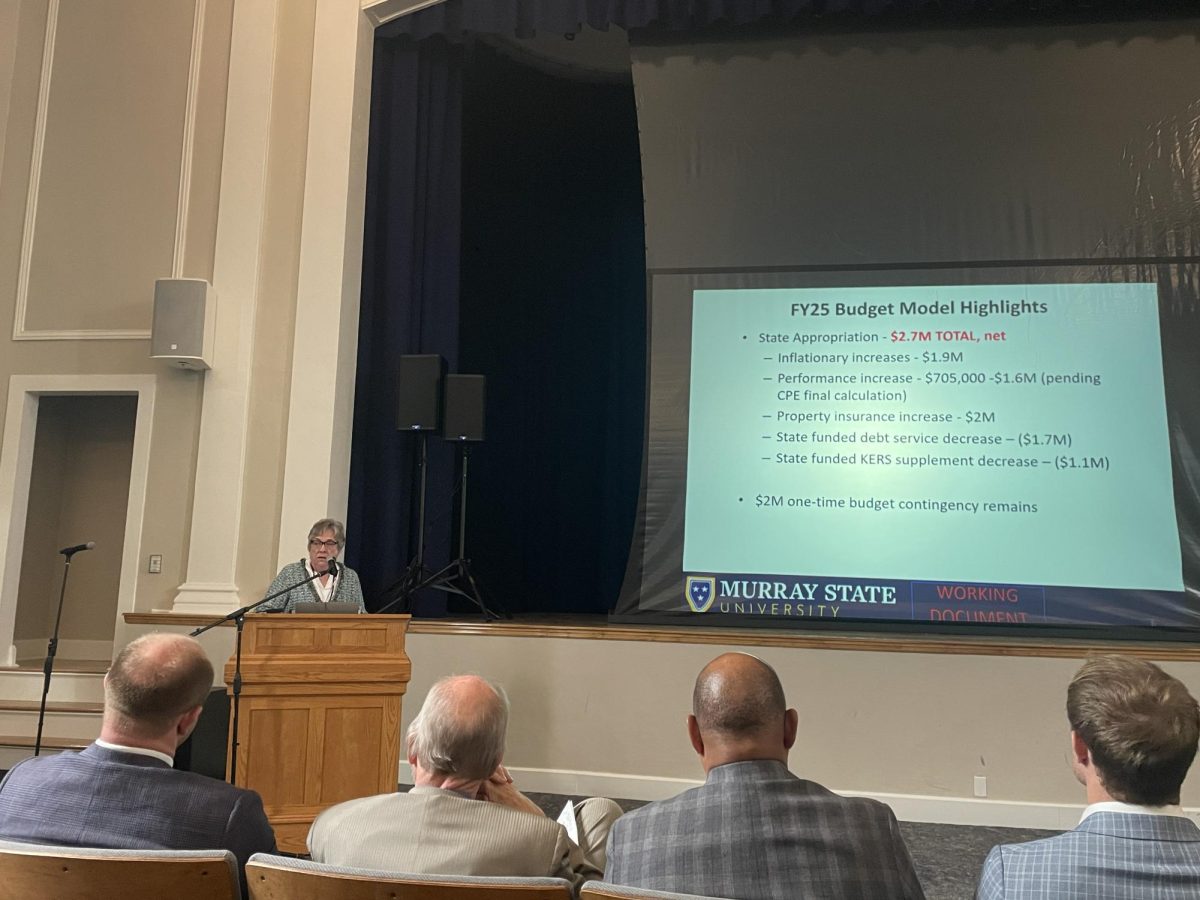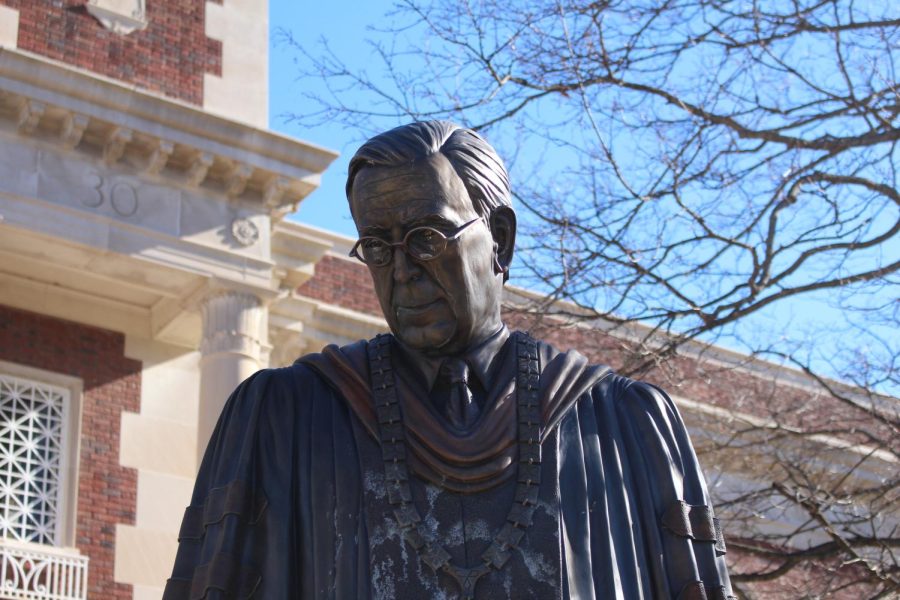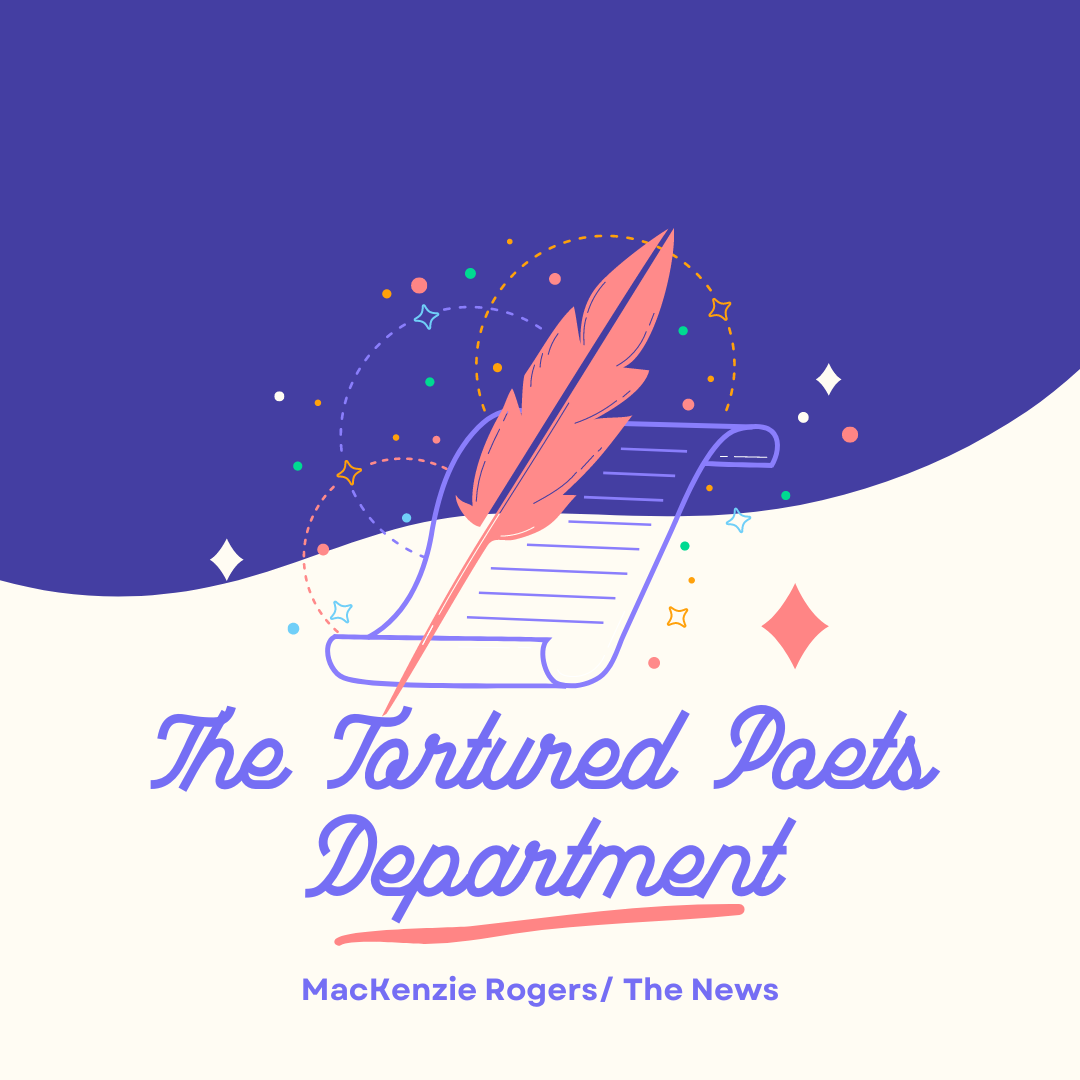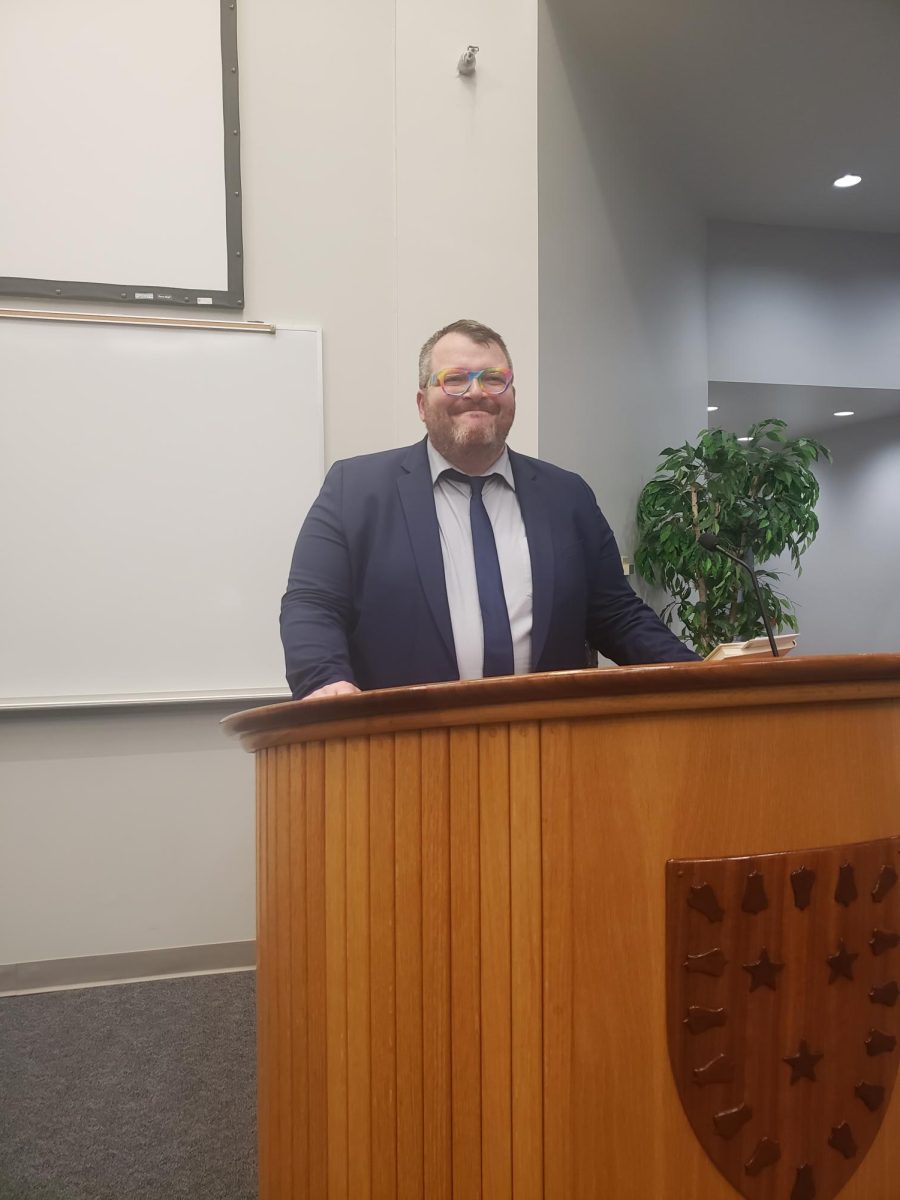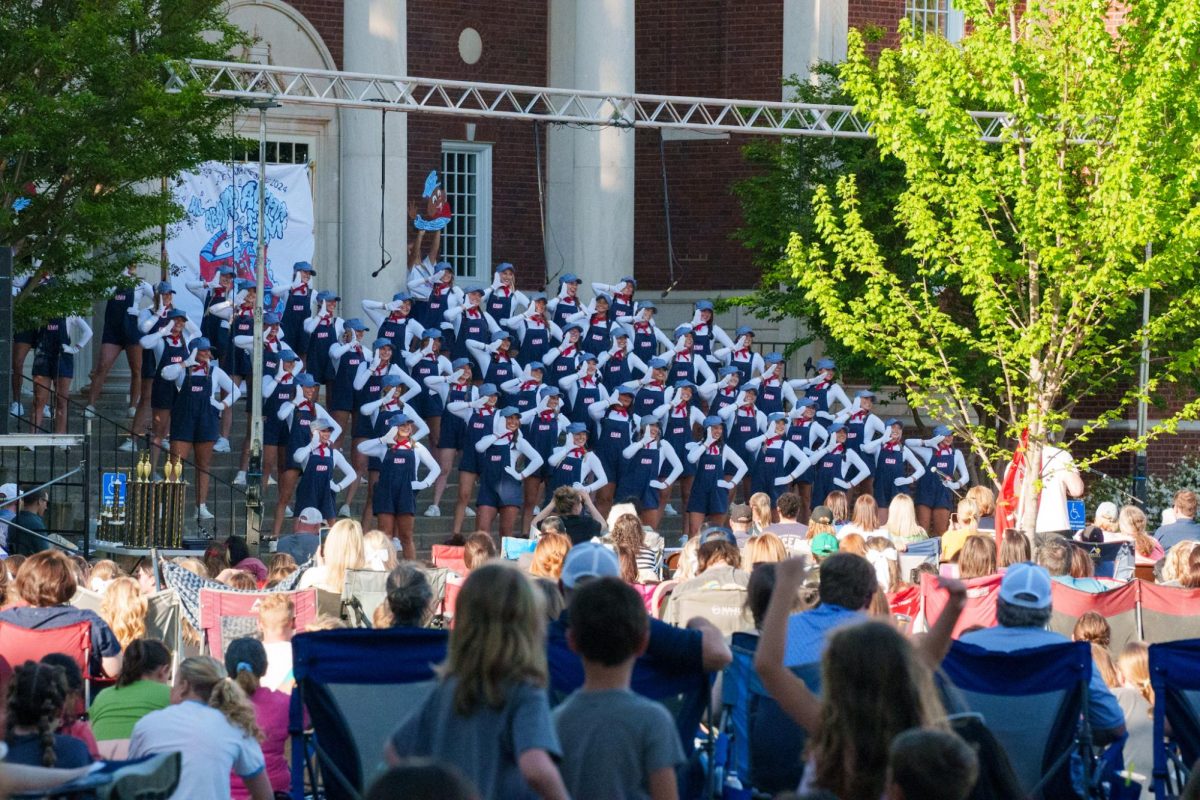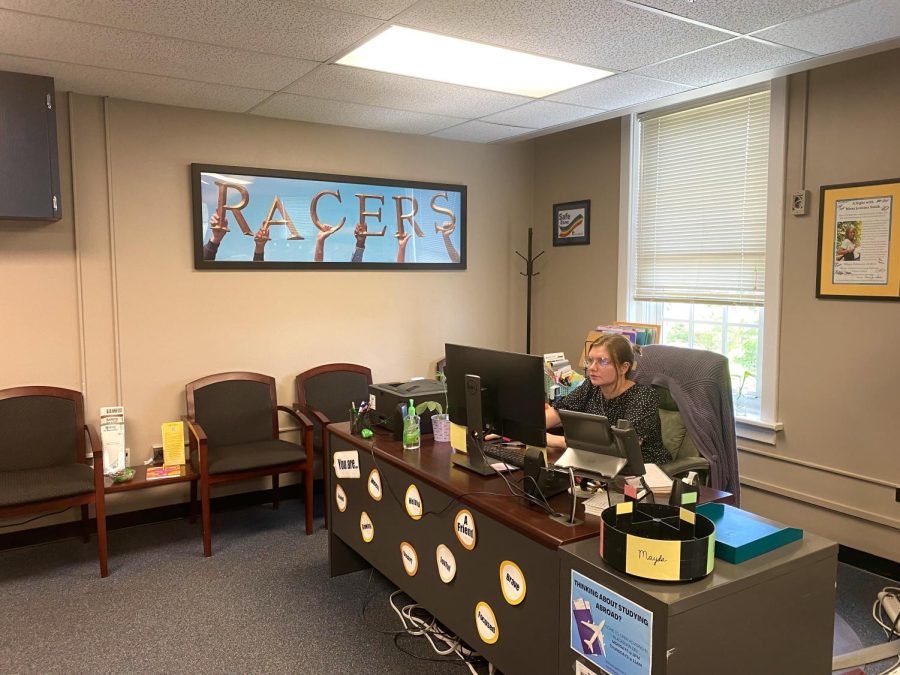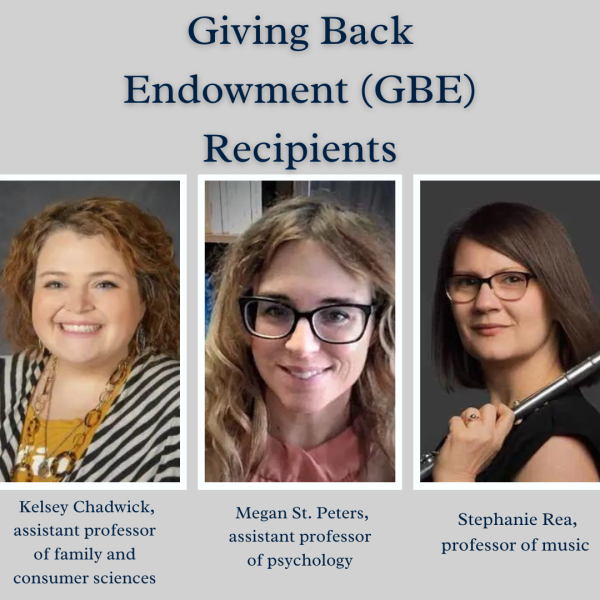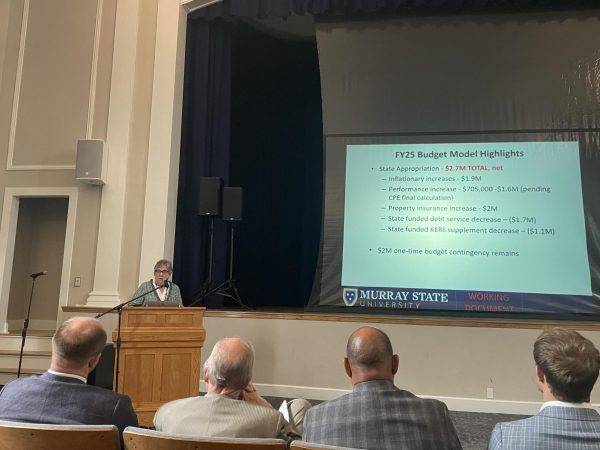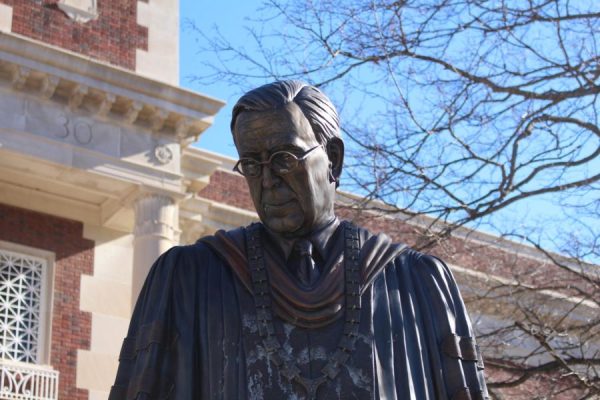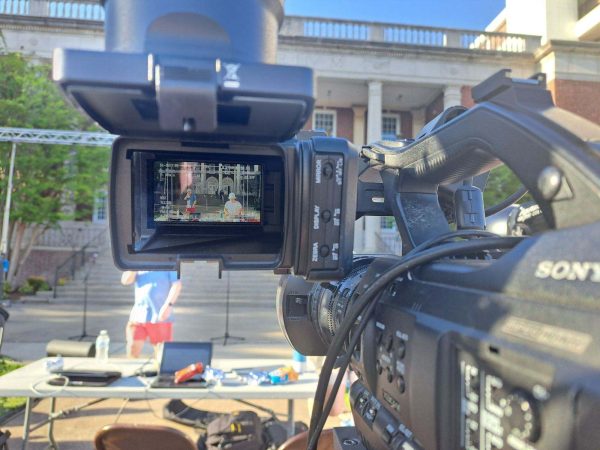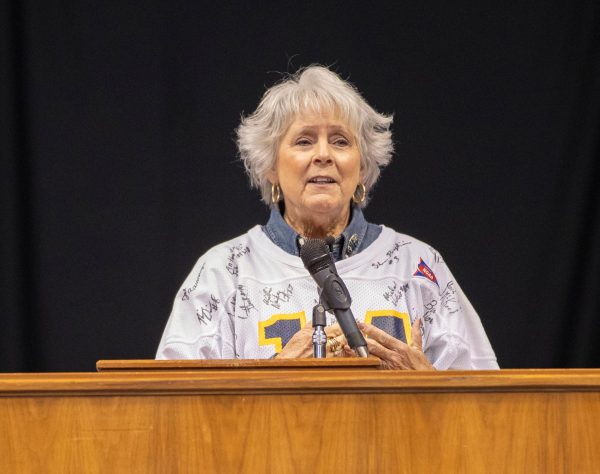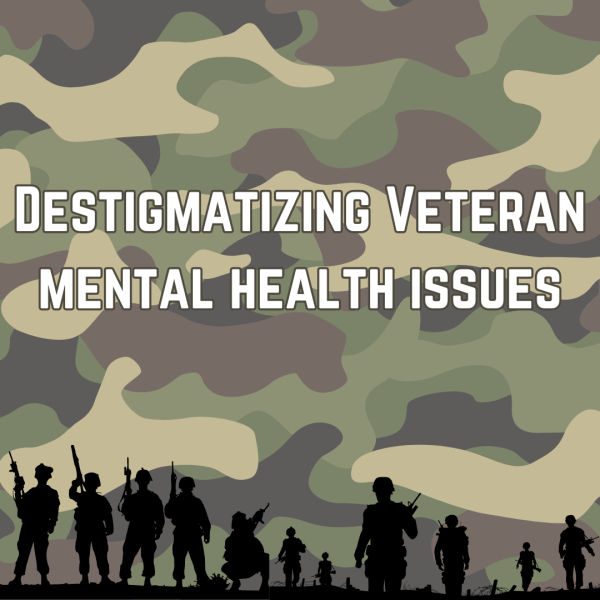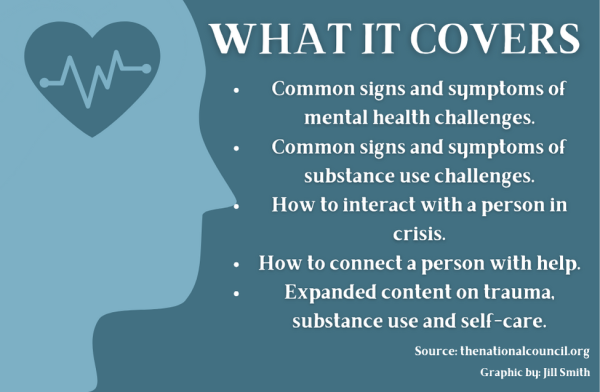Mental Health Highlight: Student Disability Services
Abigail Perry is the administrative assistant for Student Disability Services located in Wells Hall 423. (Dionte Berry/The News)
September 14, 2022
Student Disability Services (SDS) works to provide students with disabilities accommodations and services to ensure they have a positive college experience.
SDS annually provides for nearly 800 registered disabled students with cognitive disabilities, mental/emotional disorders, seizure disorders, autism, sensory disorders, mobility impairments and other physical or health impairments.
Ken Ashlock, director of SDS, said SDS is committed to serving students with documented disabilities.
“We work with students that have learning disabilities, physical disabilities, chronic health impairments, mental and emotional disorders and more,” Ashlock said. “Our mission at the office is to help students be able to gain access to all areas of campus, not just things that might impact their academics or the classrooms.”
Ashlock said his office strives to guarantee students can succeed in the classroom by providing students with a variety of ways to ensure a successful college career.
“We provide students with accommodations in the classroom setting,” Ashlock said. “We provide students with extra time to take their exams; perhaps, they might need to have a reader or a scribe, depending on the nature of their disability. Anything related to the academic areas, those are some things that we focus on.”
The Testing Center is available to students who have completed the Testing Center accommodation form, according to their website.
The Center provides students with a quiet, distraction-free environment to take exams with extra time if needed.
Ashlock said the Testing Center might benefit students who are easily distracted, specifically students diagnosed with attention deficit hyperactivity disorder (ADHD).
“If [students] are taking an exam in a classroom full of other students, sometimes just the slightest little distraction can really kind of spiral for students like that,” Ashlock said. “Our private testing rooms give them the opportunity to take the exam in an isolated area, and we have a way that we can monitor students [because] all of our testing rooms have a two-way glass, so we can kind of watch them as they’re taking the exam.”
Students can request access to the center by emailing, calling the office or filling out a request form on their website.
Ashlock said students wanting to utilize the Testing Center should schedule three days before their exam takes place.
In addition to the accommodations and services for students, SDS also offers two programs to provide students with extra support during their college career.
Project Pass is a voluntary program that provides students with extra support during the beginning of their college career.
This program offers students extra help during Racer Nation Orientation, a smooth move into their residential college and specialized classes, according to their website.
This program focuses on students’ first experiences at Murray State. Students are enrolled in a course during their first semester.
“[Students] have to learn how to request accommodations, they have to learn how to schedule their exams, they have to learn how to communicate with their professors, if they’re using accommodations through our office,” Ashlock said. “It’s just a way to kind of help students understand the differences, the combinations are, are basically the same, but just how they’re implemented.”
For students transitioning out of college, the College to Career Experience is a career transition program that helps students with intellectual disabilities.
This program is designed to help individuals wanting to gain more independence and skills they can use in the job field.
Ashlock said this program works with the Office of Vocational Rehabilitation to assist students find employment opportunities.
“There have been several [students] that have gone through the program and really benefited from it,” Ashlock said. “It’s just another way to help individuals who have more profound disabilities to still gain some valuable experiences, valuable skills to help them better themselves and contribute positively to those communities.”
Beyond academic and career transitional services, SDS provides housing and parking accommodations, meal interpreter/captioning, notetakers, emotional support animal registration, classroom accommodations, voter registration services, pregnancy and parenting accommodations and Americans with Disabilities Act Student Grievance procedure.
To find out more information on SDS and the services they provide, visit murraystate.edu/sds or visit their office located in Wells Hall Room 423.


